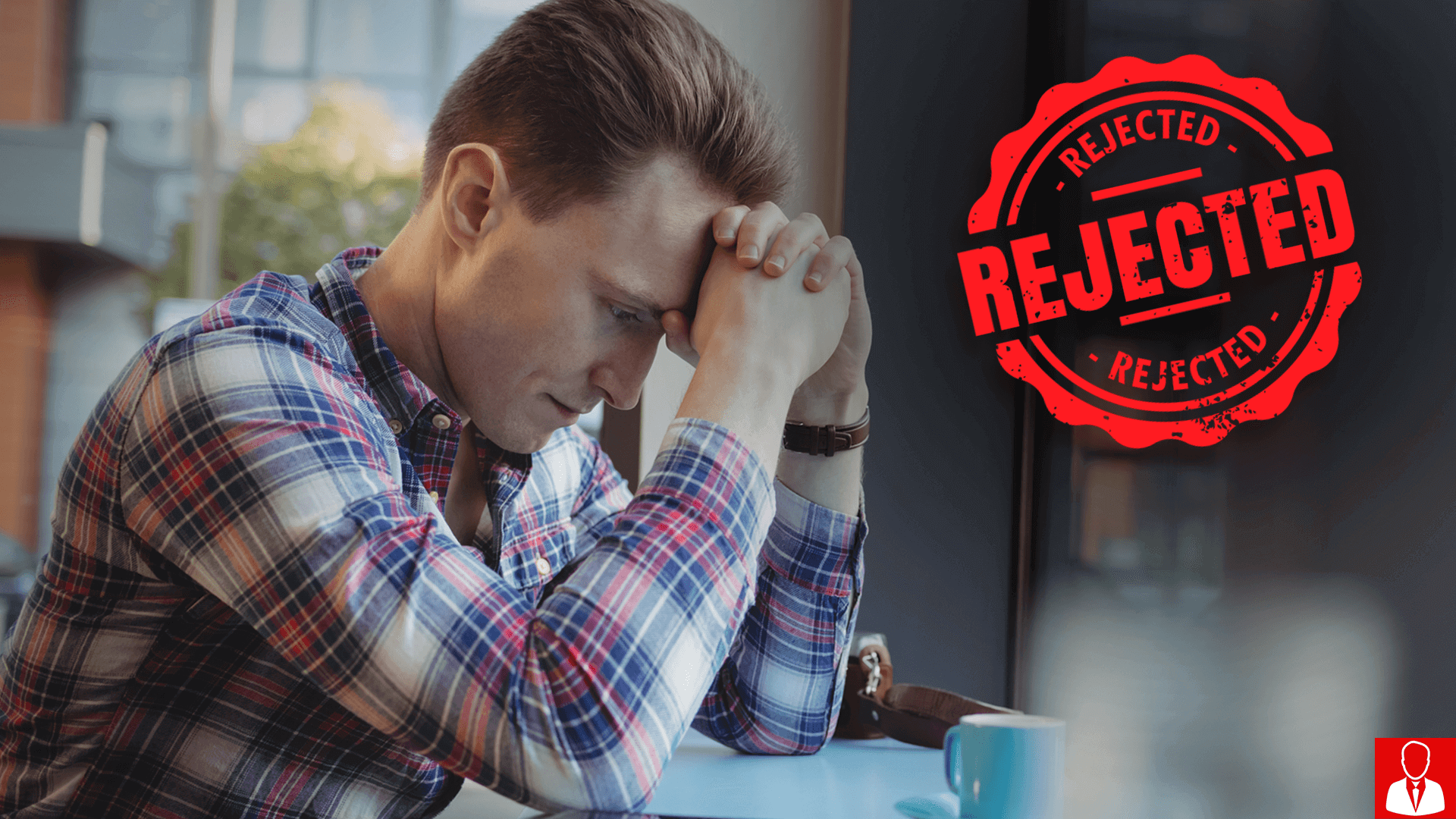Do you feel depressed and aimless after rejection?
Everybody gets rejected from time to time. We might not get a job or a promotion, get a “no” from a potential date, or hear that our idea is not as great as we thought. Rejection is a part of life, a painful one, for sure, but it can lead us down the wrong path if we make certain mistakes when we get rejected.
Here are some common reactions we should avoid when we face rejection.
We Lose confidence.
The first and perhaps most significant mistake is letting a rejection sap all of our confidence. We might feel that a single NO invalidates all our efforts, but this is a mistaken perception.
Just because someone doesn’t like what we do, doesn’t mean that it is bad. It just means that we may have to find another audience for it or modify existing work.
It’s important to build up our confidence based on our own effort and evaluation of our work.
We Stop looking for opportunities.
Another common reaction to getting a “no” is that we assume that the “no” is all-encompassing. We feel that there is no point in looking for other options because we will surely be rejected everywhere. But this is not a rational decision.
Everyone has different preferences, tastes, and possibilities. Someone might give us the reaction we are hoping for if we keep looking. One rejection doesn’t mean universal rejection, and we should not assume that it does.
We Doubt ourselves.
Another issue is that we start doubting ourselves. We might feel that the rejection is justified – our idea is bad, we are bad, we should not try again. But it doesn’t mean that we are not good enough.
We might find the same opportunity elsewhere or the next time or in another context because the rejection does not come as a sign that our idea is trash. It might be associated with the circumstances of the other person, their own likes or dislikes, the current political climate, and so on.
A rejection is not a reflection of the intrinsic value of what we do, rather, of how appropriate it is for a specific person or situation.
We settle for less.
Once we get rejected, it can hurt our self-esteem, and it might make us think that our work is less valuable.
In turn, we may have to settle for something that doesn’t match our expectation because we feel that we can’t get anything better. However, this is another irrational assumption. When we settle, we show that we don’t value ourselves enough and might miss out on great opportunities.
We should never stop looking for a better option until we feel that it truly works for us.
We feel bitter
One of the worst mindsets we can develop after a rejection is a bitter one, where we feel that we are misunderstood or that others dislike us. This shuts down our attempts to keep trying, to keep looking, to get better.
Instead, we just stop trying and adopt a hostile attitude that is destructive to our well-being and our creativity.
We stop sharing.
Isolation might feel like the safest option after a rejection. After all, if we don’t share our ideas, nobody can make us feel bad about them, right?
We are always afraid to share because we aren’t afraid of the response but the feeling of rejection. However, this means that we close ourselves to new opportunities, chances to receive valuable feedback and to make our ideas known to the world.
Rejection hurts, but it doesn’t mean that we have to stop being vulnerable, as often it is the only way forward. Shutting down can make us safer, but it won’t take us closer to success.
Rejection is a part of daily life, and we need to handle it constructively. What can we do to improve? Is there a lesson to learn? Who might appreciate what we have to offer? Using rejection as an opportunity to improve and keep trying is the best thing we can do.
“Most fears of rejection rest on the desire for approval from other people. Don’t base your self-esteem on their opinions.”



